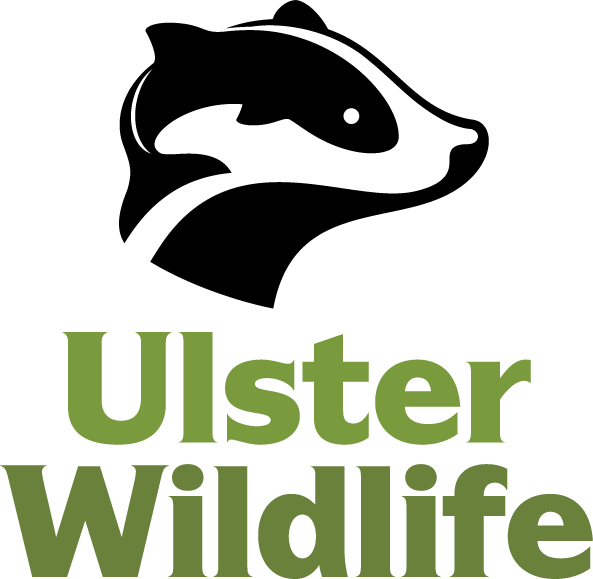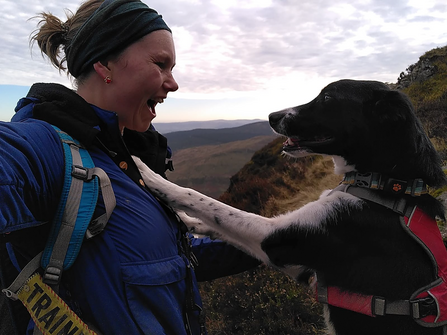Dogs are more popular than ever, with an estimated 34% of UK households giving ‘man’s best friend’ a home in 2022. All these dogs need fresh air and exercise, which can bring them into conflict with wildlife. Even the friendliest, most gentle dog still looks like a predator – and that’s exactly how wildlife sees it. An encounter with a dog can be hugely stressful for birds, mammals, reptiles, and other animals. Sometimes it can even be fatal.
Our dogs can also have less direct impacts on the natural world around them. It might seem harmless to leave dog poo in the undergrowth, but the extra nutrients this adds to the soil can disrupt nature’s balance, leading to the loss of wildflowers. Cleaning up after your dog and keeping them on a short lead on nature reserves and in other vital wildlife habitats can go a long way towards keeping wildlife safe. You can find out more in our guidelines here.
We spoke to some dog-lovers from around the Wildlife Trusts to find out how they balance their love for nature with the needs of their four-legged friends. Here’s what they had to say…

